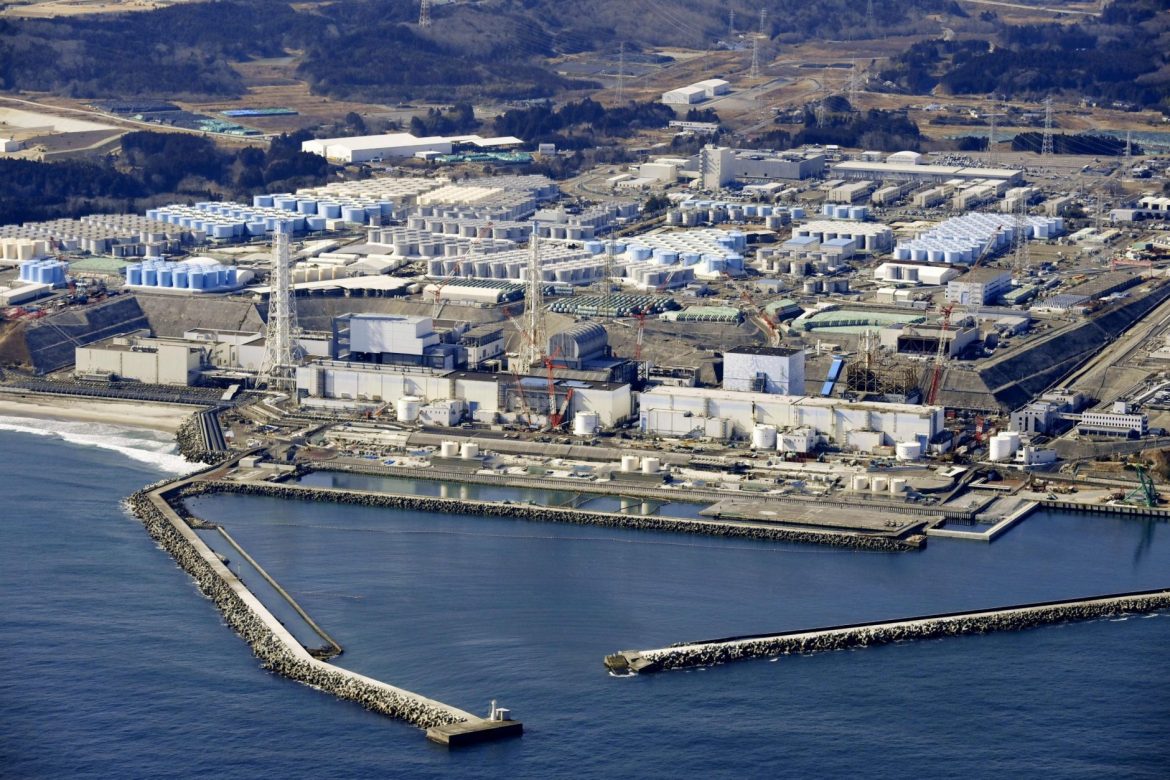A new policy aimed at promoting greater use of nuclear energy to ensure a stable power supply amid global fuel shortages and to reduce carbon emissions has been adopted by Japan, signalling a major reversal of its phase-out plan since the Fukushima crisis.
Japan wants the new policy to maximize the use of existing nuclear reactors by restarting as many of them as possible and prolonging the operating life of old reactors beyond their 60-year limit and develop next-generation reactors to replace them.
Since the 2011 Fukushima disaster, anti-nuclear sentiment and safety concerns have risen sharply in Japan with restart approvals coming slowly under stricter safety standards.
In line with Japan’s earlier plan to phase out nuclear energy by 2030, the Utility companies have applied for restarts at 27 reactors in the past decade and seventeen have passed safety checks while only 10 have resumed operations.
Read also: Pakistan’s PM calls for global aid for 20M flood victims
In a reversal, the new policy says nuclear power provides stable output and serves “an important role as a carbon-free baseload energy source in achieving supply stability and carbon neutrality” and pledges to “sustain the use of nuclear power into the future.”
The Economy and Industry Ministry has drafted a plan to allow extensions every 10 years for reactors after 30 years of operation, while also permitting utilities to subtract offline periods in calculating reactors’ operational life beyond the current 60-year limit.
The plan was approved on Wednesday by the Nuclear Regulation Authority, Japan’s nuclear watchdog, paving the way for the policy to be adopted. New safety inspection rules still need to be compiled into law and approved by Parliament.
The policy paper says Japan will also push for the development and construction of “next-generation innovative reactors” with safer features to replace about 20 reactors now set for decommissioning.
Thursday’s adoption of the new policy comes less than four months after Prime Minister Fumio Kishida launched the “GX (Green Transformation) Implementation Council” of outside experts and ministers to “consider all options” to compile a new policy that addresses global fuel shortages amid Russia’s war on Ukraine and seeks to achieve carbon neutrality by 2050.
The council also adopted plans to make renewables Japan’s main energy source and further promote hydrogen and ammonia as well as off-shore wind power and other forms of energy to promote decarbonization, supply resilience and economic security.
Story was adapted from AP.
